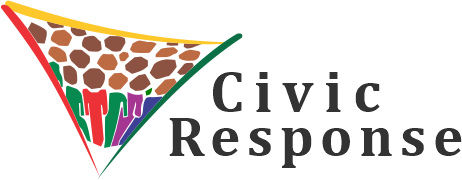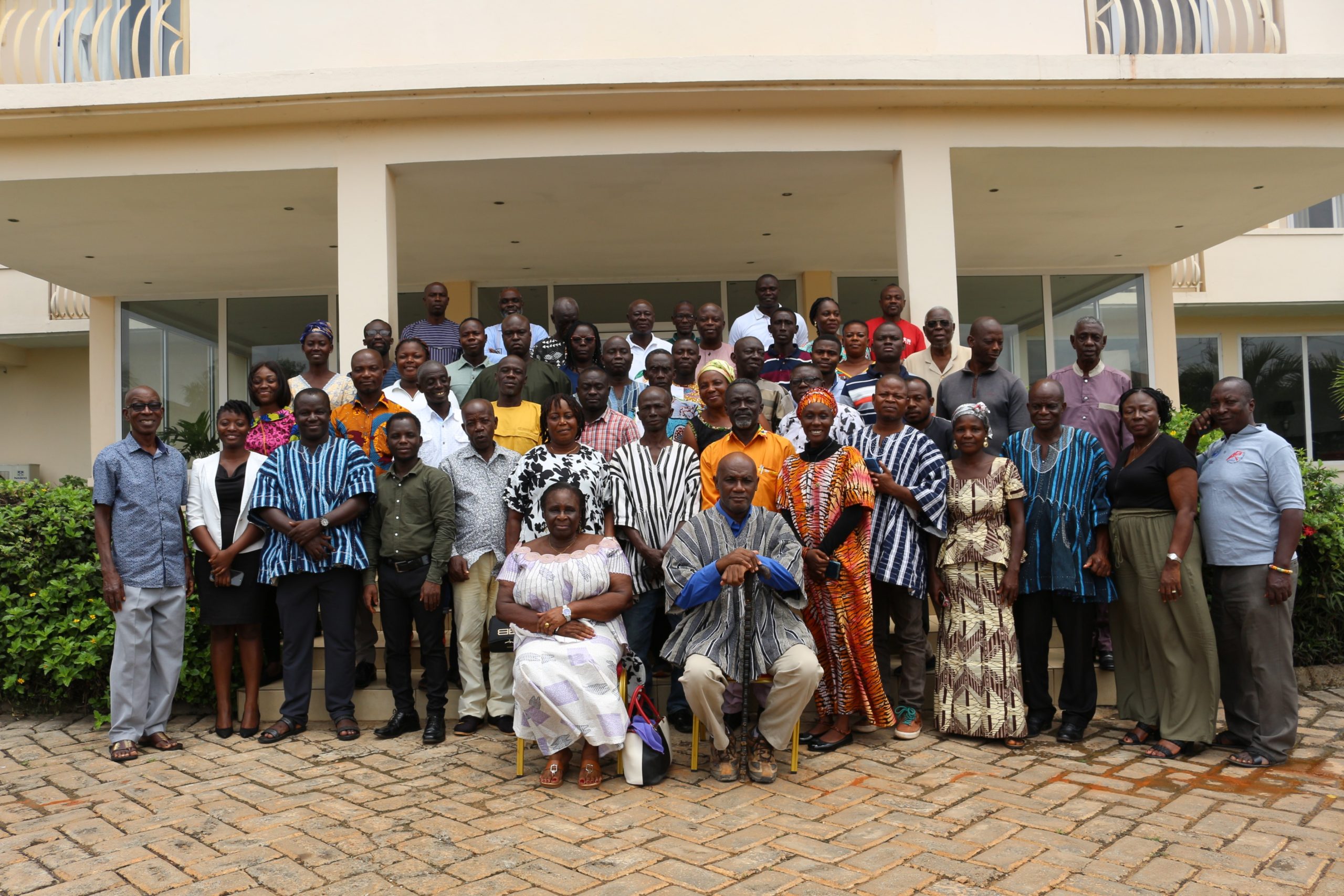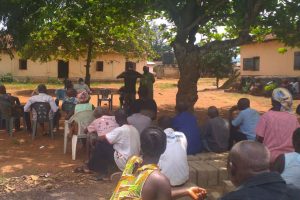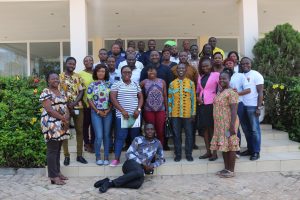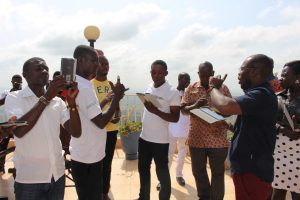Forest Watch Ghana (FWG) has organised the first-ever Indigenous Peoples and Local Communities(IPLC) workshop on Community Protected Areas (CPA) in Ghana.
The workshop which took place in August 2023 in Accra, brought together participants drawn from communities, groups and individuals engaged in forest and wildlife protection, human-wildlife interaction, combined herbal medicine & wildlife conservation, Community Resource Management Areas (CREMA), Globally Significant Biodiversity Areas (GSBA), ecosystem restoration, Man & Biosphere reserve and mangrove protection & conservation.
The key objective of the workshop was to document and safeguard the rights of IPLCs and Community Protected Areas (CPAs) across Ghana as well as discuss challenges, alternative livelihoods and climate resilience of these community initiatives.
Indigenous Peoples are inheritors and practitioners of unique cultures and ways of relating to people and the environment. They have retained social, cultural, economic and political characteristics that are distinct from those of the dominant societies in which they live. Despite their cultural differences, Indigenous Peoples from around the world share common problems related to the protection of their rights as distinct peoples.
Local Communities on the other hand are made up of groups of people living together who may not originally be from that locality.
Contrary to popular belief that there are no indigenous people in Ghana, Mr. Peter Ossei-Wusu, the IPLC Focal Person for Ghana and West Africa believes indigenous people exist in the country. According to him, in every community in Ghana there are original settlers who have peculiar traditions. These original settlers were later joined by migrants who together form the local community. To him, even though the traditions of these original settlers may have under gone some changes over the years, they are still the indigenous peoples of the land.
So far, about forty (40) Community Protected Areas have been identified and represented at the 2-day workshop. The representatives gave inspiring presentations of the various conservation efforts in their communities highlighting their successes and challenges. Plans are far advanced to identify more of such initiatives.
The participants were taken through best practices in forest management, biodiversity conservation, climate change and gender & land ownership.
The Ghana workshop came about following a successful maiden edition of the African Protected Areas Congress (APAC) held in Kigali in July 2022. The African congress ended with Declarations, a Call to Action and a Strategy to implement the Actions.
By: Belinda Boator│Civic Response
